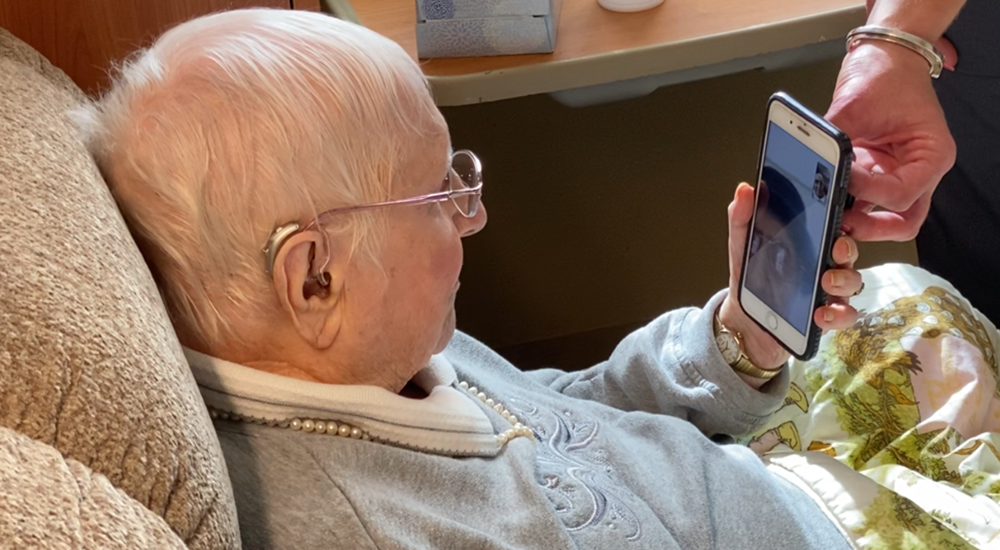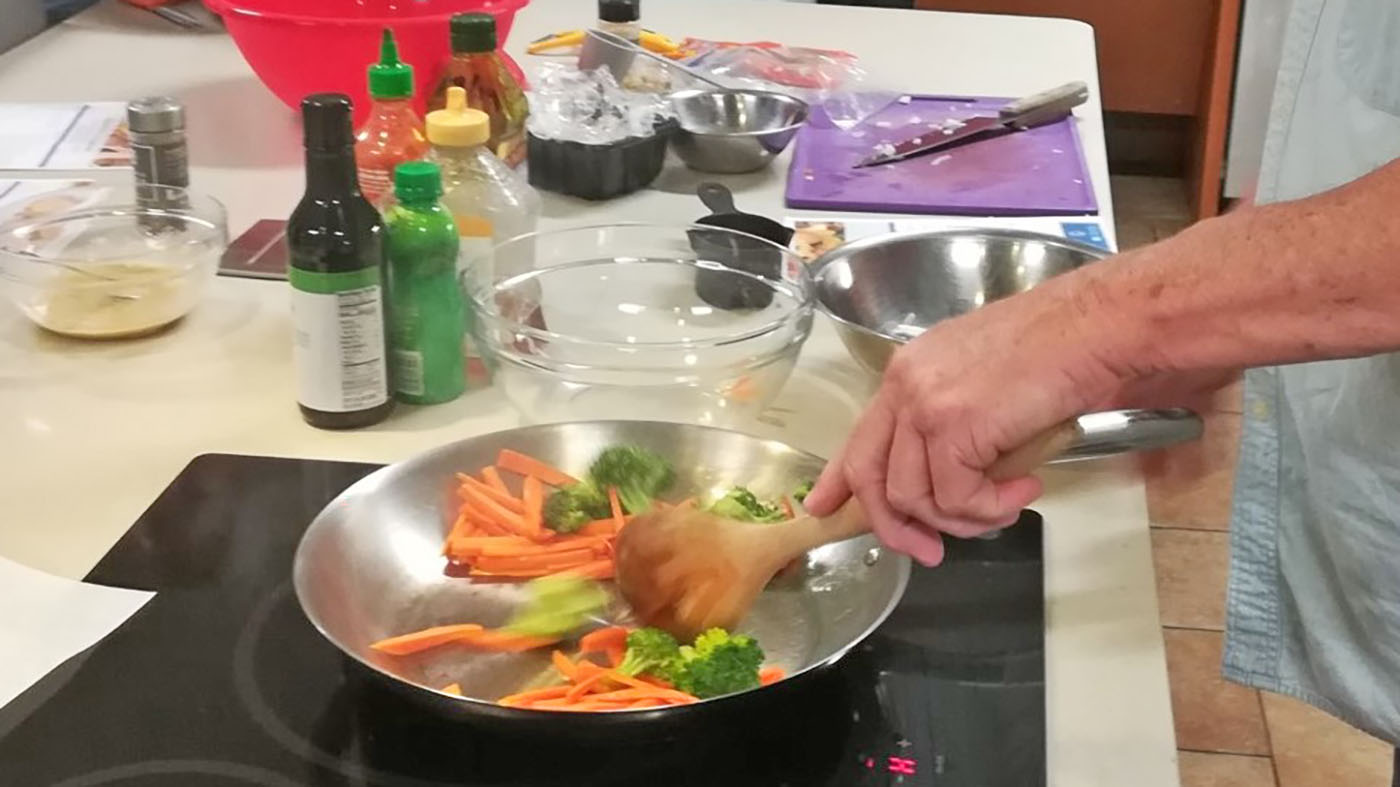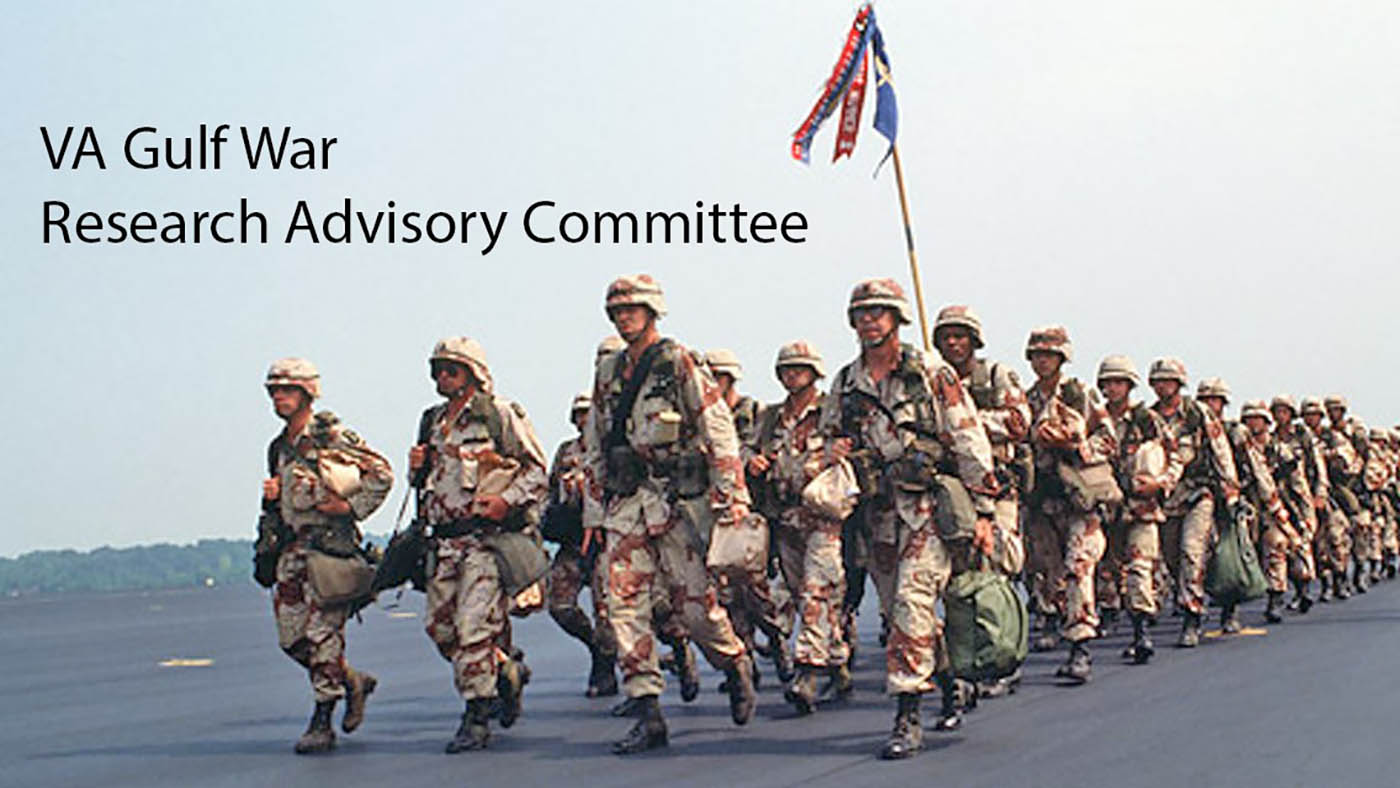In these unprecedented times, the novel coronavirus has affected everyone in the United States. This includes Army World War II Veteran and Carl Vinson VA Medical Center resident Meta Monteleon, our country’s oldest Army nurse Veteran at 105-years-old.
Today, Monteleon (pictured above) uses Facetime on her smart phone to call her 100-year-old sister. Virginia Dupree Phillips also is an Army nurse Veteran of World War II. She resides at a nursing home in Raleigh, N.C.
“It was wonderful talking to my sister. I’ve wanted to get in touch with her for a long time,” said Monteleon. “I was born in 1914 and we’ve come a long way when it comes to keeping in touch with family.”
COVID-19 is spreading rapidly, forcing federal and state governments to take all necessary precautions recommended by the Centers for Disease Control and Prevention (CDC) to slow the contagion, including avoidance of groups of people, maintaining a 6-foot social distancing radius, closing schools, teleworking if possible and enforcing curfews.
Safety measures in place to protect resident Veterans
The Carl Vinson VA Medical Center is located in Dublin, Ga. The Carl Vinson staff has been preparing for the COVID-19 pandemic since early March to protect its 136 Community Living Center (CLC) residents, domiciliary Veterans and staff. The leadership team activated its emergency operations center. It also began putting safety measures in place to protect its most susceptible population.
Those are the Veterans living in the five CLC nursing home communities located throughout the facility.
“We have been entrusted to care for America’s heroes at a time in their life when they are the most vulnerable to this new virus,” said Carl Vinson VAMC director David L. Whitmer. “Ensuring the safety of our Veterans and staff has meant new and stringent rules that prevent COVID-19 from entering our medical center. But we must strive to keep families connected during this challenging time. Using technology is one way for us to help our Veterans cope with isolation.”
Safety measures to protect CLC Veterans include a temporary ban on outside visitors and temperature checks throughout the day. Due to VA’s modernization investments, CLCs are using single-bed rooms that provide privacy and isolation. The staff isolates CLC residents who run a temperature to mitigate the spread of possible contagion.
Resident Veterans volunteer to help housekeepers
Other safety measures include restricting access to the facility’s entrances. Also, screening staff daily by checking their temperature and asking COVID-19 related questions. The staff must wear a visible sticker that verifies the employee was screened.
Employees also must use the hand sanitizer station before entering the facility.
Housekeepers, armed with VIREX 256 and bleach-based Super-Sani-Cloths, scrub high-touch surfaces approximately every two hours to kill germs and bacteria. They train to clean these critical areas and identify areas where improvements can be made.
More than 25 domiciliary resident Veterans have eagerly signed up to perform housekeeping duties in less critical areas of the facility. This gives them with an opportunity to work while continuing treatment, which boosts their morale and enhances their treatment.
“I think we’re lucky to be as safe as we are,” said Monteleon. Monteleon is a retired nurse with a half century of expertise in health care. “Having the ability to stay in touch with family during this time is wonderful and important.”
Once COVID-19 runs its course, the Dublin VAMC staff looks forward to returning to business as usual. That includes celebrating Veterans, such as Meta Monteleon’s birthday in August.
James W. Huckfeldt Jr. is the deputy public affairs officer at the Carl Vinson VA Medical Center.
Topics in this story
More Stories
VA promotes early nutrition intervention for chronic kidney disease with targeted programs like Heathier Kidneys Through Your Kitchen.
VA Research Advisory Committee on Gulf War Veterans’ Illnesses hosting Veteran Engagement Sessions in Phoenix for 1990-91 Gulf War Veterans.
Navy Veteran and president of the American Medical Association got a colonoscopy and encourages other Veterans to do the same.







